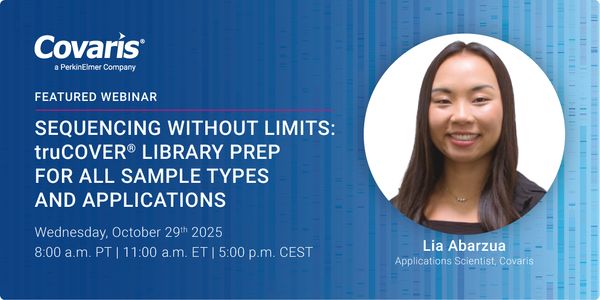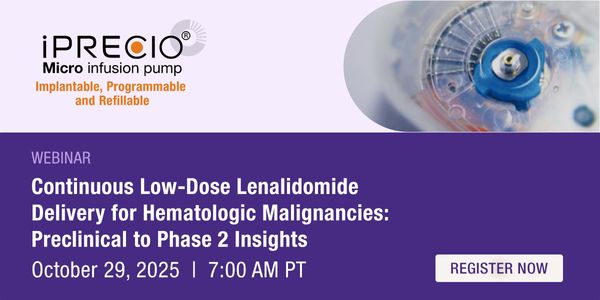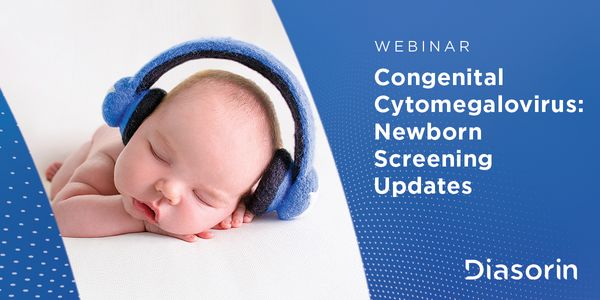Associate Professor (Clinical) of Pathology, Division Medical Director, Genetics, Co-Program Director, Clinical Genetics Fellowship Program, Program Director, Molecular Genetics Fellowship Pr
BIOGRAPHY
AUG 22, 2013 10:00 AM PDT
Clinical Interpretation of Sequence Variants
Presented at:
Genetics and Genomics Virtual Event Series 2013
C.E. Credits:
CE
Speaker
Abstract
The advent of massively parallel sequencing by next generation sequencing platforms now allow genomic approaches for individualizing healthcare. Genomic sequencing data reveals variants in genes related to drug metabolism that may affect efficacy or response. This presentation will describe the potential of NGS data for companion diagnostics or therapeutics and its implementation into clinical laboratories. Evaluating pharmacogenetic targets through exome analysis as well as through targeted gene panels will be discussed.
You May Also Like
OCT 29, 2025 | 8:00 AM
In today’s rapidly evolving landscape of next-generation sequencing (NGS), researchers face mounting pressure to deliver high-quality data from increasingly diverse and challenging sam...
OCT 29, 2025 7:00 AM PT
This presentation explores the scientific rationale, preclinical validation, and early clinical translation of STAR-LLD—a novel, continuous low-dose percutaneous lenalidomide delivery...
OCT 29, 2025 | 9:00 AM
C.E. CREDITS
Congenital cytomegalovirus (cCMV) is the most common infectious cause of birth defects and non-genetic hearing loss in the United States, yet it remains underdiagnosed due to the absence of...
OCT 29, 2025 | 11:00 AM
C.E. CREDITS
This webinar explores the evolving role of MRSA surveillance in healthcare, highlighting how molecular screening methods impact infection prevention and antimicrobial stewardship strategies....
OCT 30, 2025 | 9:00 AM
Aging is associated with progressive white matter degeneration, which impairs brain structure and function. Defects in myelinating glial cells, combined with chronic neuroinflammation, contr...
OCT 30, 2025 | 8:00 AM
Cell-free DNA (cfDNA) has emerged as a powerful biomarker for monitoring allograft health and detecting rejection in solid organ transplantation. Since 2022, the Paris Transplant Group-PITOR...
Loading Comments...
Please update your information
Certificate of Participation
Thank you for choosing Labroots. Please note that a Certificate of Participation does NOT count towards Continuing Education Credits.
DOWNLOAD CERTIFICATE
DOWNLOAD CERTIFICATE
You must watch the entire webinar to receive your certificate of participation.
You must attend the event before receiving your certificate of participation.
You must register for the event first.
Certificate is no longer available for this event.
You must be logged in to retrieve your certificate.






